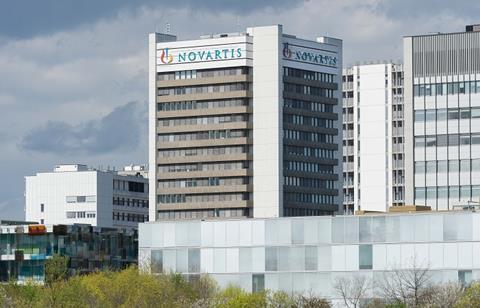
Multinational pharmaceutical organisation Novartis is due to begin a phased roll out of a new global parental leave policy, which will enable both male and female employees to take at least 14 weeks of paid leave.
The policy aims to offer equal parental leave to all staff across the globe from their first day of employment, in line with any national legislation, applicable for birth, surrogacy or adoption.
The introduction will begin on 1 July 2019 and will continue until 2021. All of the organisation's 130,000 employees working across 150 countries will be eligible for the parental leave, where previously these arrangements varied by country.
Steven Baert, chief people and organisation officer at Novartis, said: “At Novartis, we want to celebrate with our people on becoming parents and to support them at this life-changing moment.
“We believe that this family-friendly benefit will empower our people to make the right choices for the health and wellbeing of their families, by enjoying more flexibility and financial stability, at the times of their life when it matters the most.”
Novartis has also introduced the new benefit to encourage gender balance and diversity, empowering male employees to share childcare responsibilities.
Baert added: “By offering the same parental leave to all parents, regardless of gender or sexual orientation, we want to encourage a cultural shift, making it okay for fathers and non-birthing partners to embrace an approach to family care that is closer to that traditionally taken by mothers. In so doing, we hope to provide greater choice and opportunity for mothers too.”
Alongside the new parental leave policy. Novartis will also provide coaching for those going on or returning from leave; this aims to help employees understand their options and support their reintegration into the workplace.
Baert concluded: “Social attitudes are changing. Research shows that fathers increasingly want to spend more time caring for their children. This is particularly true for millennials and Generation Z.
“We believe that our investment in an equal global parental leave policy will be more than outweighed by the long-term benefits of higher engagement and productivity through increased loyalty, job satisfaction and greater degrees of in-house knowledge and the ability to attract top talent.
“Finally, by offering more choice and flexibility to all parents, we want to lead the way in shaping a society where gender balance is the norm, because ultimately, balance drives a better working world.”











